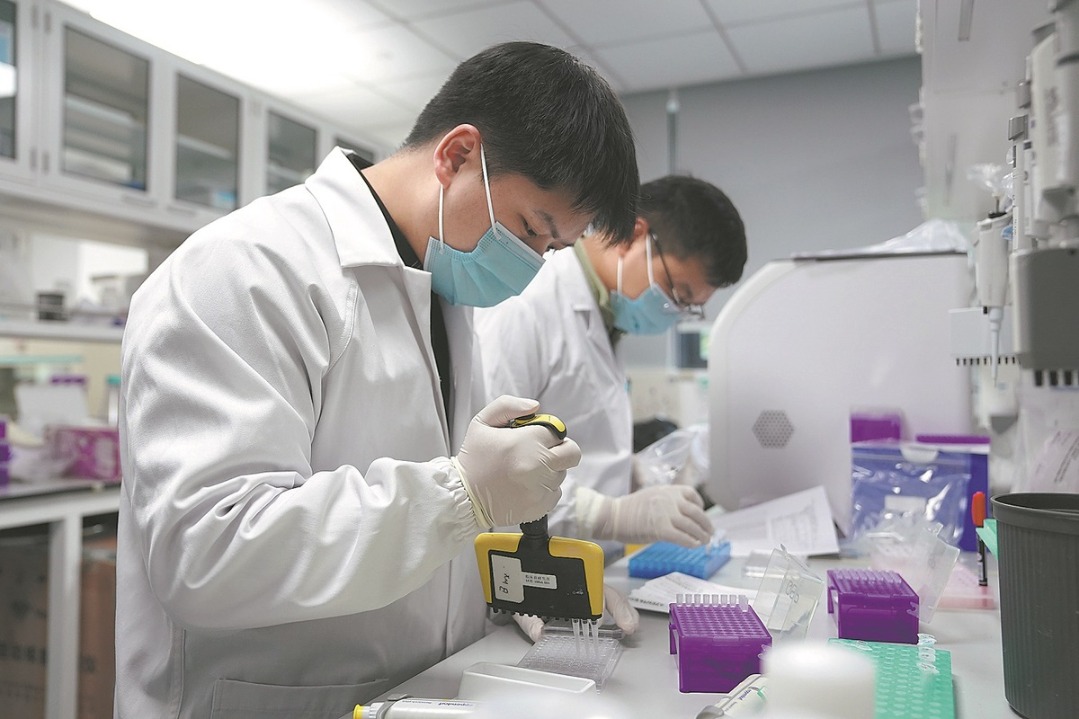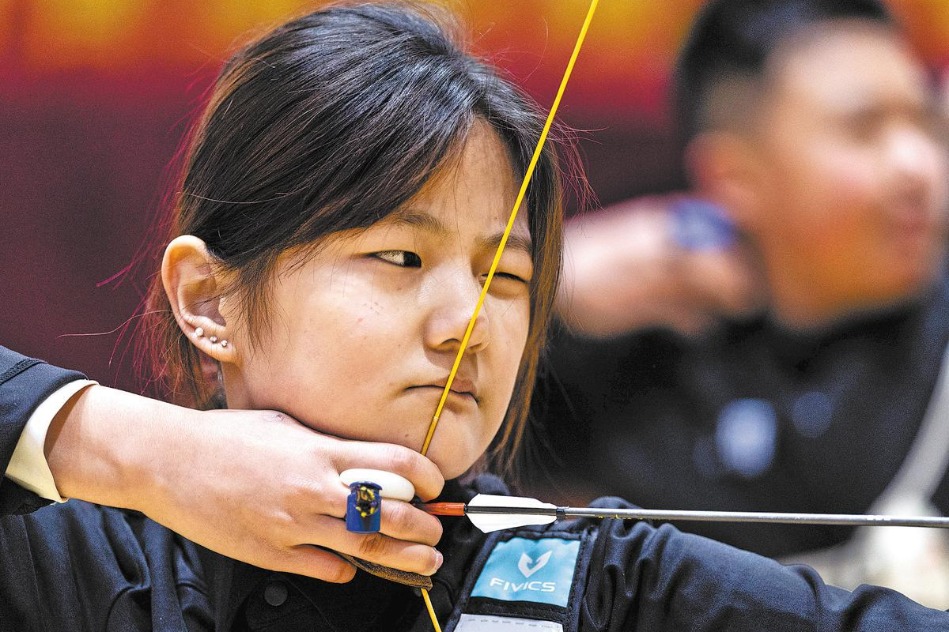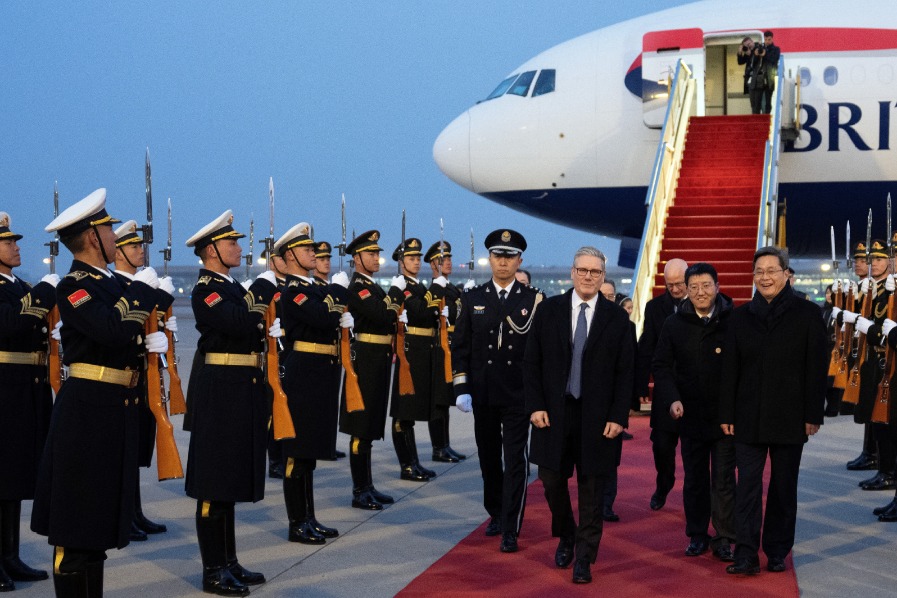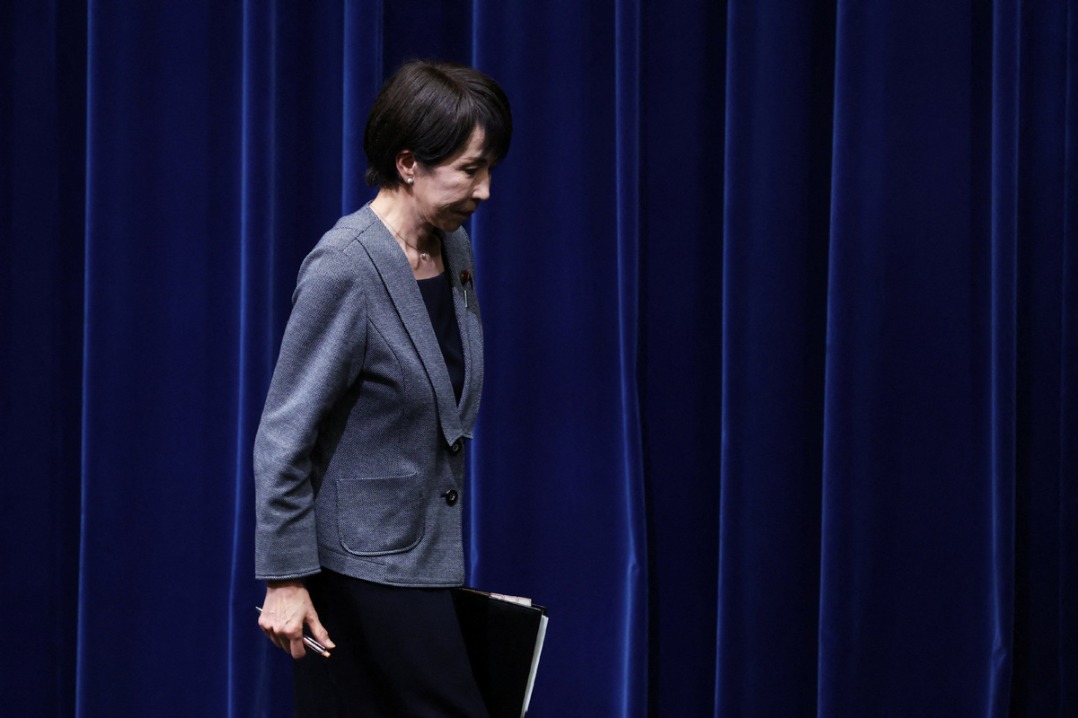Detection, quarantine and treatment tried and tested response to virus: China Daily editorial

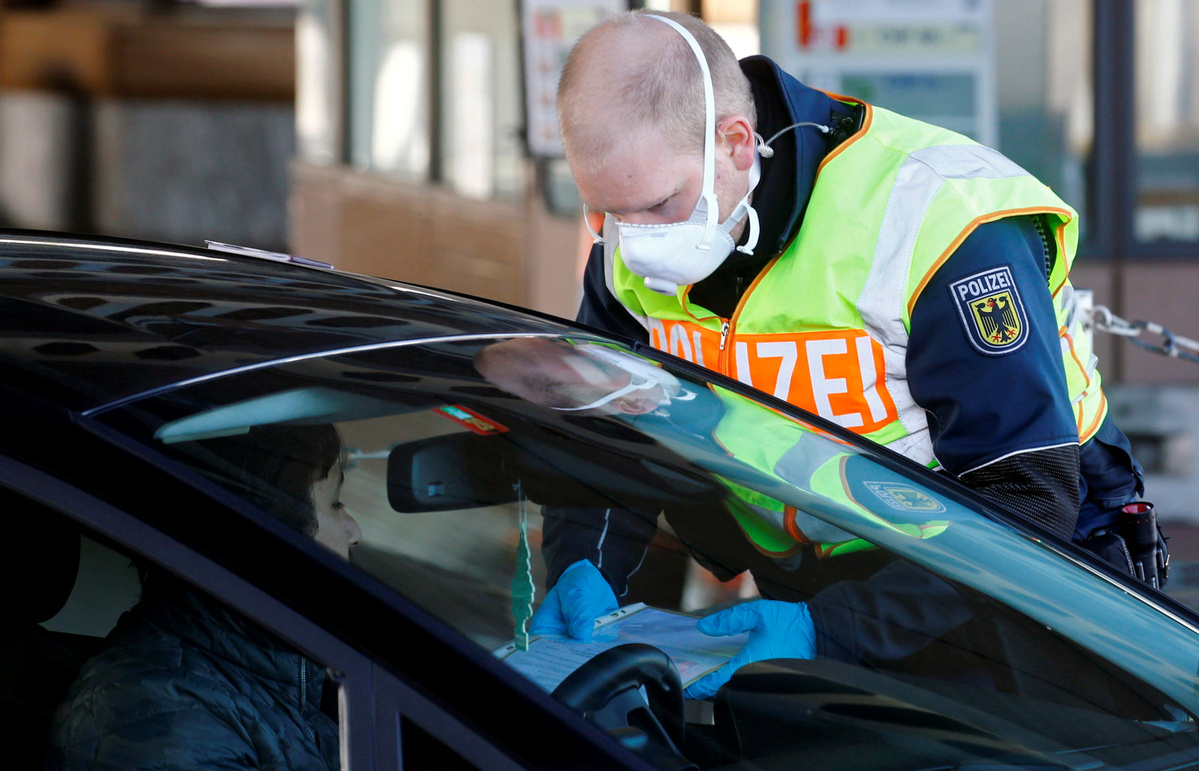
As of Monday morning, the accumulated number of people infected with the novel coronavirus outside of China — more than 83,000 — surpassed that inside the country for the first time since the outbreak of the novel coronavirus.
Worse, while the daily growth of local cases in China has been kept to double digits for days, the increase of cases outside of the country is still in its explosive stage, and shows no signs of abating, particularly in the United States and the worst-hit countries in Europe and the Middle East.
So far, most of the countries aside from China where the pandemic is under control — Singapore, Japan and the Republic of Korea — have been following the principles of early detection, early quarantine and early treatment, which are based on the experience and lessons drawn from China’s successful battle with the virus. And these principles are the main content of the recommendations provided to all countries by the World Health Organization after its experts finished a fact-finding mission in China.
Despite different national conditions and administrative systems, countries, especially those in the West, should pay due attention to these principles, and waste no more time in applying them, since they have already proved their effectiveness.
With this in mind, China is proactively sharing its experience with other countries.
Yet, despite the unmistakable seriousness of the situation, some countries have tried to play down the risks, and the measures they have taken are not only insufficient to control the pandemic at home, but also not enough to prevent themselves from being the source of virus transmission to other countries.
The drastically worsening situations in these countries, compared with those where the virus is being controlled, speaks volumes of how well-targeted measures to embody these three principles can make a difference when they are strictly carried out.
That the WHO has launched a first-of-its-kind Solidarity Response Fund with its partners to deal with the virus on Friday shows how much the concerted efforts of all stakeholders are needed.
Countries should take full advantage of all bilateral and multilateral mechanisms to strengthen their communication and cooperation in a bid to better coordinate their efforts to combat the virus.
As the representatives of the G20 leaders said after their discussions during the second Sherpa meeting in Khobar, Saudi Arabia on Thursday, the pandemic requires a robust international response. The G20 countries can set an example in this regard not only by implementing robust measures at home, but also by enhancing their cooperation and coordination to prevent the virus continually moving back and forth between countries.
The G20 countries should shoulder their responsibility to work together and with the WHO to lead global efforts to mitigate the global health risks, and so ensure global health security. In doing so, they can also put in place a solid foundation for a future global pandemic response system.

















